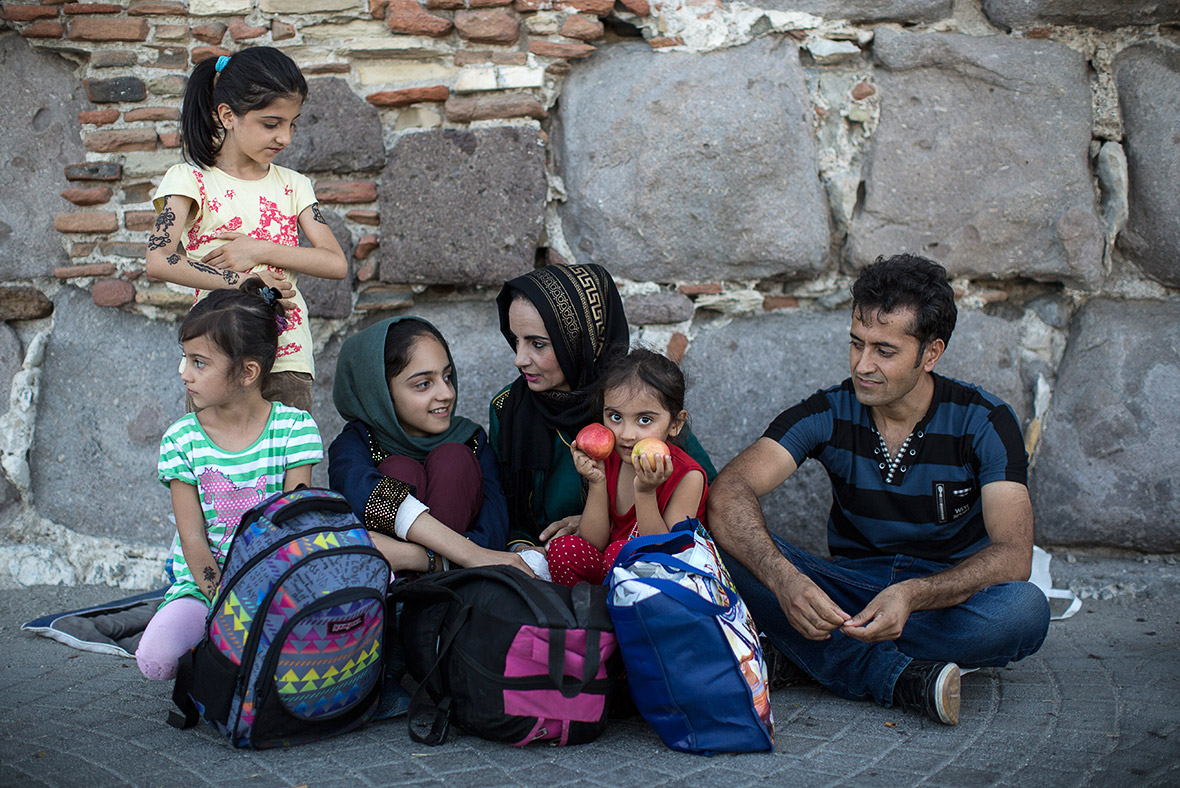Refugees and migrants’ family rights: A new report highlights numerous obstacles to family reunification in EU member states
Published:
The European Agency for Fundamental Rights (FRA) is regularly publishing overviews covering refugees and migrants-related fundamental rights in Europe. This month’s overview has a section which focuses on family tracing and reunification.
The FRA has published a summary report showing how the current migration affects family tracing and reunification. It looks at the main challenges related to this issue and highlights good practices at EU and national level which could lead to the development of rights-compliant solutions.
Some of the key findings from this report show that there exists a number of practical obstacles that impede family tracing, which are for instance the lack of documentation among migrants, the slow identification of those who have died while crossing the Mediterranean sea, or the errors in processing names. Moreover, FRA points out the fact that no available systematic and reliable data exist on the number of asylum seekers who arrive in EU member states. There are also no exact numbers of requests for family reunification. Besides, some Member States have been recently changing their policies and practices, making the process for applying for family reunification more complicated. For instance, some of them have reduced the timeframe within which it is possible to apply for family reunification. The absence of valid travel documents, the cost of processing documentation including translation, and the lack of legal assistance represent other additional obstacles for refugees’ and migrants’ families.
To learn more about the challenges refugee and migrants face as regards family tracing and reunification, click here.